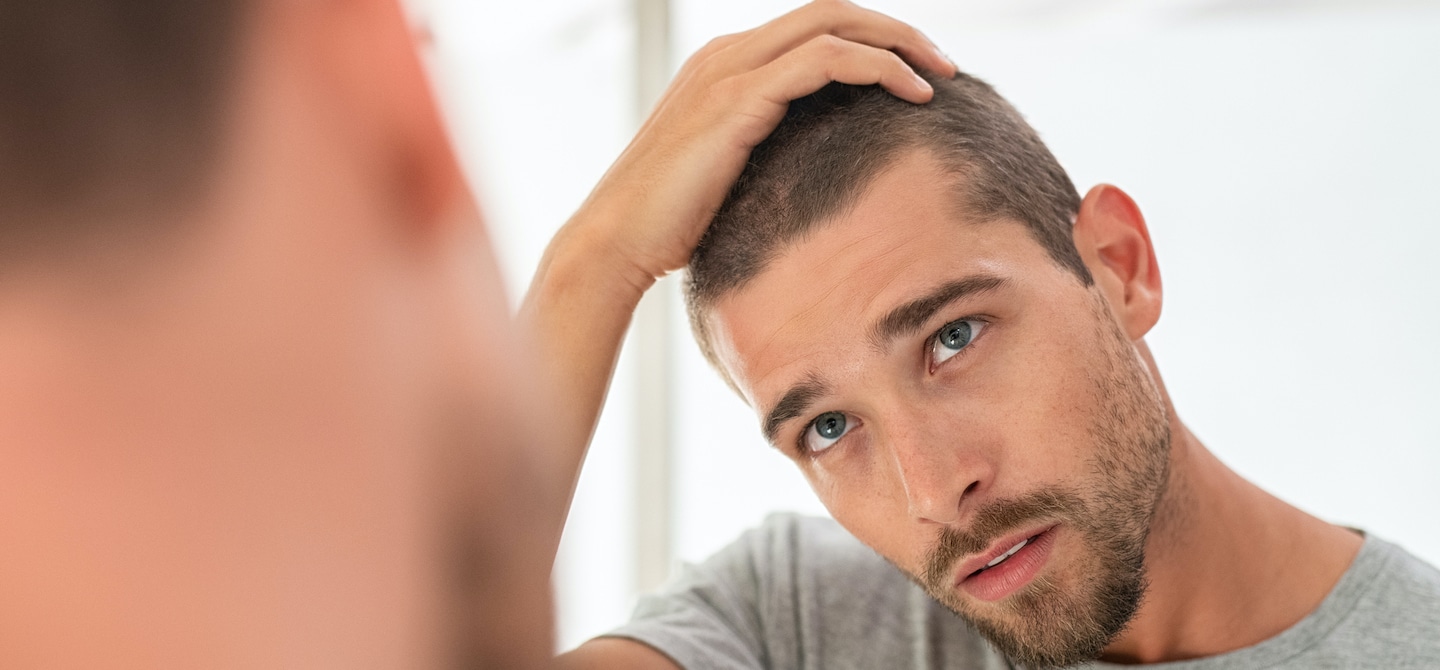Remember that recovering hair loss from stress is a gradual process that requires a holistic approach. Addressing both the external and internal factors that contribute to hair health is essential for long-term results. It’s important to consult healthcare professionals when considering supplements or treatments to ensure they are safe and appropriate for your individual circumstances.
As you embark on the journey of hair recovery, celebrate every small victory and embrace the transformative power of self-care. By nurturing your well-being and prioritizing healthy hair practices, you not only regain your hair but also embody a renewed sense of vitality and resilience
1. Stress Management: Address the root cause by managing stress through practices like meditation, yoga, and deep breathing.
2. Balanced Nutrition: Ensure your diet includes a variety of vitamins and minerals essential for hair health, such as biotin, zinc, and iron.
3. Hydration: Drinking adequate water promotes overall hair health and supports growth.
4. Scalp Massage: Regular scalp massages increase blood circulation, delivering nutrients to hair follicles.
5. Essential Oils: Massaging oils like rosemary, lavender, and cedarwood onto the scalp can stimulate hair growth.
6. Protein-Rich Diet: Incorporate lean proteins like poultry, fish, and legumes to encourage hair regrowth.

7. Supplements: Consult a healthcare professional before taking supplements like biotin or collagen to support hair health.
8. GentleHair Care: Use sulfate-free shampoos and avoid excessive brushing or tight hairstyles that stress hair.
9. Limit Heat Styling: Heat styling tools can damage hair further. Opt for air-drying or lower heat settings.
10. Avoid Overprocessing: Chemical treatments like bleaching and perming can weaken hair. Minimize or avoid them.
11. Consult a Dermatologist: If hair loss is severe, seek guidance from a dermatologist to determine underlying causes and treatments.
12. Hair Growth Serums: Consider using over-the-counter hair growth serums containing minoxidil under medical supervision.
13. Scalp Exfoliation: Gently exfoliate the scalp to remove dead skin cells and promote a healthy environment for hair growth.
14. Adequate Sleep: Prioritize quality sleep, as it’s essential for overall health and can impact hair regrowth.
15. Patience and Consistency: Hair recovery takes time. Be consistent with your chosen strategies and remain patient.

